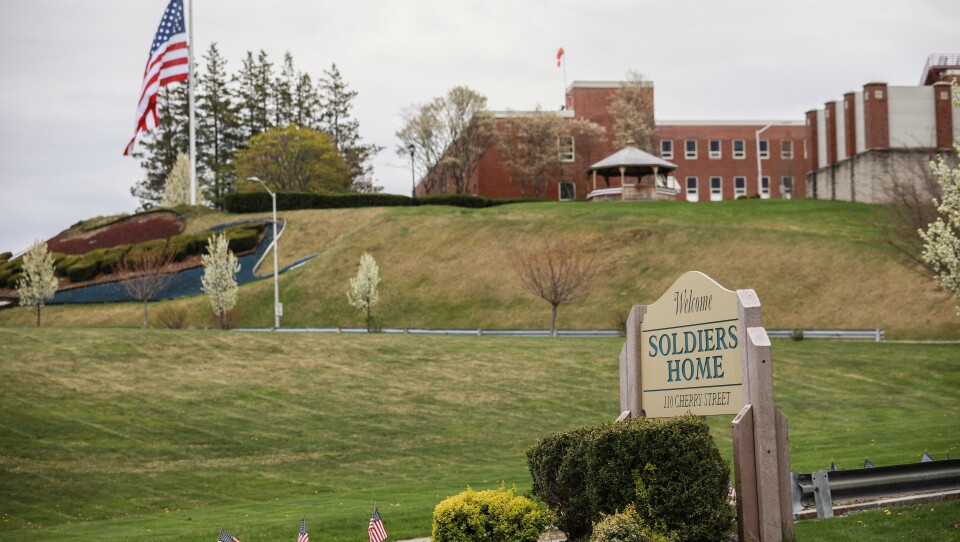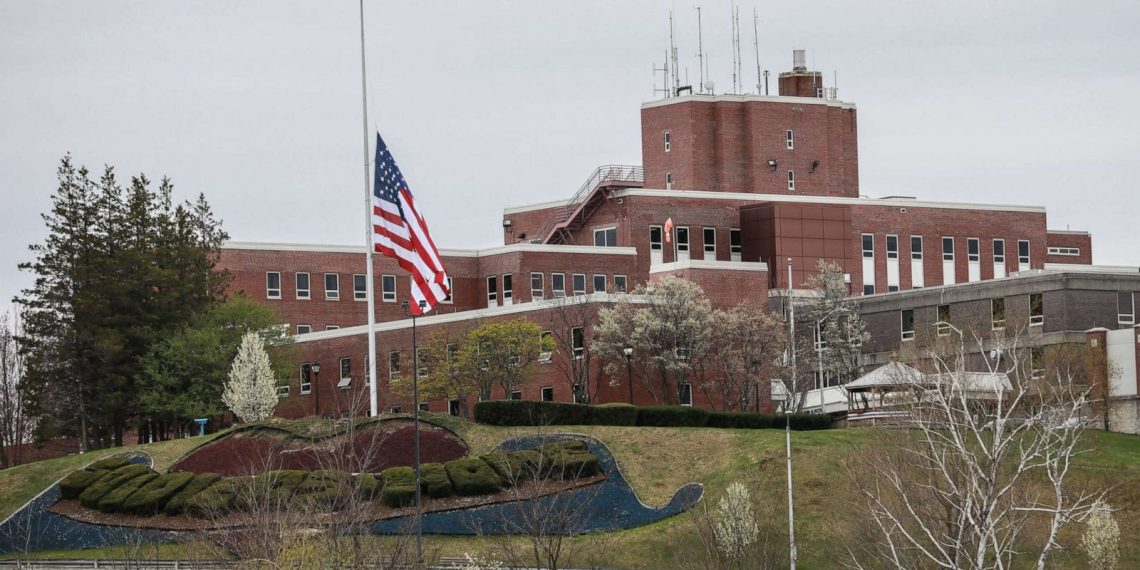Former leaders of a Massachusetts veterans’ home, Bennett Walsh and David Clinton, settled criminal neglect charges stemming from a deadly COVID-19 outbreak without facing prison time.
The pair, once in charge of the Holyoke Soldiers’ Home, withdrew their previous not-guilty pleas during hearings at Hampshire Superior Court, admitting to the charges against them.
State prosecutors had sought one year of home confinement and three years of probation for both defendants.

However, at the recommendation of their defense lawyers, Justice Edward McDonough continued the cases without a finding of guilt for three months, subject to certain conditions, including a ban on working in nursing homes or contacting victims’ families.
The charges stemmed from a March 2020 decision to consolidate two dementia units at the veterans’ home, a move prosecutors argued increased the risk of COVID-19 transmission.
The outbreak at the facility was one of the deadliest in the United States, prompting then-Attorney General Maura Healey to bring the first criminal case tied to a COVID-19 outbreak at a nursing facility.
Prosecutors accused Walsh and Clinton of criminal neglect in the case of five veterans, asserting that the consolidation exposed them to the virus.
During the hearing, Walsh’s lawyer highlighted the challenges faced at the onset of the pandemic when the virus was poorly understood and before vaccines were available. He emphasized Walsh’s lack of training to manage a nursing facility, echoing the sentiments of his predecessors.

The legal resolution comes after the state of Massachusetts agreed to a nearly $58 million settlement in 2022 to resolve a lawsuit filed by families of veterans affected by the COVID-19 outbreak at the Holyoke Soldiers’ Home.
The decision disappointed Massachusetts Attorney General Andrea Joy Campbell, who expressed dismay at what she perceived as a failure of the justice system to deliver for the families of the victims.
Despite the resolution, the case underscores the difficulties encountered in responding to the pandemic, particularly in long-term care facilities.


















